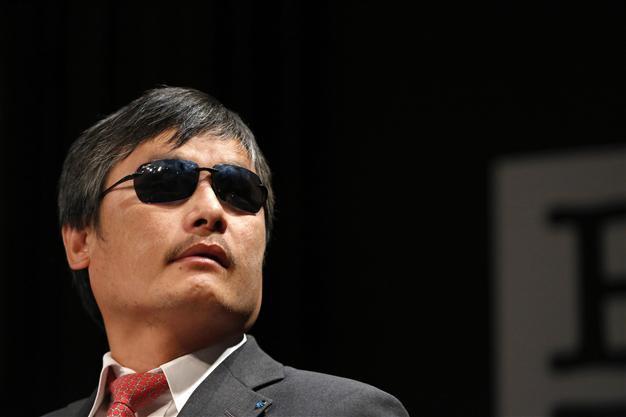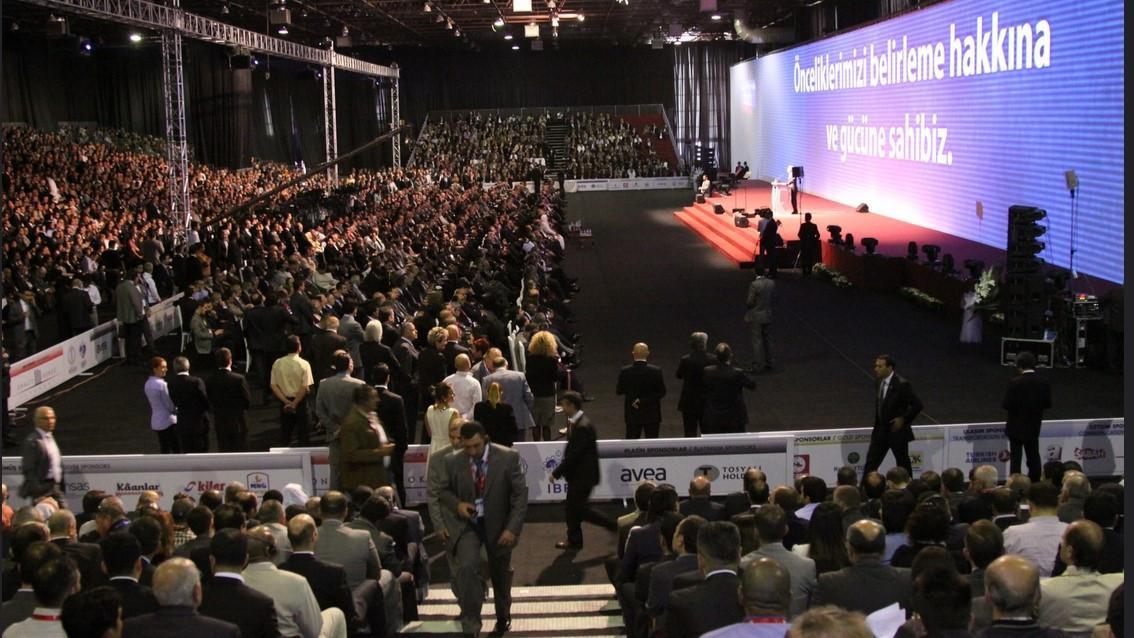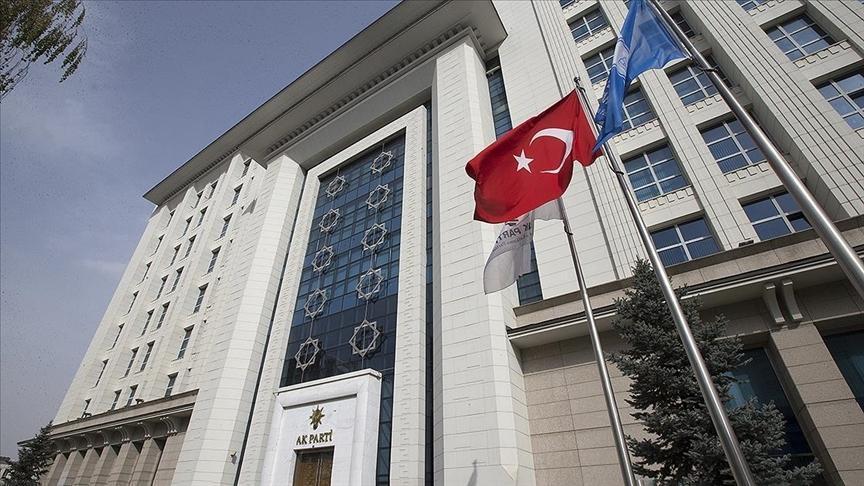Activist says China pressured New York University
NEW YORK - Agence France-Presse

Chinese dissident Chen Guangcheng speaks to journalists following an appearance in New York in this May 3, 2013 file photo. REUTERS photo
Chinese activist Chen Guangcheng accused Beijing of waging an "unrelenting" campaign against academic freedom Sunday and alleged that this had led New York University to end his studies.The blind self-taught lawyer, one of the most emblematic Chinese rights campaigners, spoke out after adamant denials from the university which said it never planned to enroll him beyond one year and was "saddened" by his charges.
Chen, whose dramatic escape from house arrest for the safety of the US embassy triggered a brief crisis between the two nations, said the private Manhattan university discussed his departure soon after he arrived in May 2012.
"As early as last August and September, the Chinese Communists had already begun to apply great, unrelenting pressure on New York University, so much so that after we had been in the United States just three to four months, NYU was already starting to discuss our departure with us," said Chen, who confirmed he would leave this month.
"The work of the Chinese Communists within academic circles in the United States is far greater than what people imagine, and some scholars have no option but to hold themselves back," he said in a statement Sunday.
"Academic independence and academic freedom in the United States are being greatly threatened by a totalitarian regime," he said.
Chen, who has been outspoken on Beijing's human rights record since his arrival in the United States, vowed to "do everything I can" on behalf of fellow Chinese "who still are not free and who are now being oppressed." "China's Communist rulers hope to use these means to disturb our normal life, and even want to make me so busy trying to earn a living that I don't have time for human rights advocacy, but this is not going to happen," he said.
New York University said it was "very discouraged" by Chen's statement and insisted it was "extraordinarily generous" in providing housing, food, health care, English lessons, connections to a publisher and other support to the activist and his family.
"We are puzzled and saddened to see these false claims directed at us. We will, nonetheless, continue to work with the Chens to help them with their transition," he said in a statement.
Beckman said that the university was always clear that the fellowship would last for only one year and that Chen has "two extremely attractive offers" for his next step.
"We began talking with the Chens about the coming transition in their living arrangements months ago, not because of some fictional 'pressure' from China, but so that they could use the months to make their transition a smooth one. It is disappointing to us that that period was not used more wisely," he said.
Chen, who is blind since childhood, angered authorities in eastern Shandong province by exposing abuses in the one-child-only policy. He was sentenced to four years in prison and later put under house arrest, where he said he and his wife were beaten for speaking out.
He came to New York University largely due to the influence of one of its professors, Jerome Cohen, who is a leading authority on Chinese law and human rights.
Cohen has also denied pressure from China, saying last week that no political refugee - "even Albert Einstein" - has ever been treated better by a US academic institution.
Chen said he was "very grateful" to New York University and Cohen but questioned why he never received a requested meeting with the university president, John Sexton, who has prioritized expansion abroad including China.
Chen faces little danger of being sent back to China as leading lawmakers from both major US political parties have strongly supported him.
















